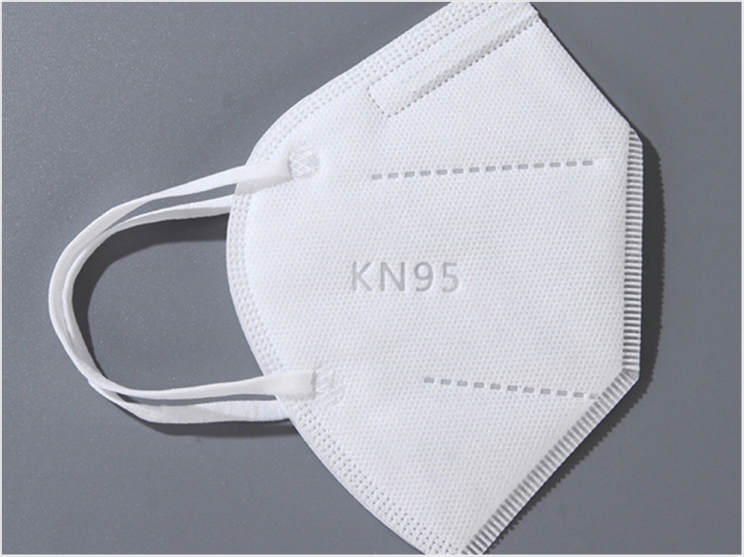
The US Food and Drug Administration (FDA) is revoking the emergency use authorizations (EUAs) of all disposable respirators that have not been approved by the National Institute of Occupational Safety and Health (NIOSH), which include imported disposable respirators such as KN95s, along with EUAs for decontamination and bioburden reduction systems.
The FDA said that its actions are consistent with updated recommendations from the Centers for Disease Control and Prevention (CDC) that healthcare facilities not use crisis capacity strategies and should promptly return to conventional practices.
Also, the FDA said, its actions are consistent with the recently published emergency temporary standard from Occupational Safety and Health Administration (OSHA) to protect healthcare workers requiring healthcare employers to provide NIOSH-approved or FDA-authorized respirators for workers potentially exposed to COVID-19.
“Throughout the pandemic, the FDA has worked closely with our federal partners at the Centers for Disease Control and Prevention’s National Institute for Occupational Safety and Health, the Occupational Safety and Health Administration, and with manufacturers to protect our frontline workers by facilitating access to the medical supplies they require,” said Suzanne Schwartz, MD, MBA, director of the Office of Strategic Partnerships and Technology Innovation in the FDA’s Center for Devices and Radiological Health.
“As a result of these efforts, our country is now better positioned to provide healthcare workers with access to NIOSH-approved N95s rather than using non-NIOSH-approved respirators or reusing decontaminated disposable respirators,” Schwartz said.
All manufacturers of decontamination and bioburden reduction systems have requested, and the FDA has proceeded with, the revocation of their EUAs, effective June 30, 2021.
“Early in the public health emergency, there was a need to issue emergency use authorizations for non-NIOSH-approved respirators as well as decontamination and bioburden reduction systems to disinfect disposable respirators,” Schwartz said. “Today, those conditions no longer exist. Our national supply of NIOSH-approved N95s is more accessible to our healthcare workers every day.”
Since the beginning of the pandemic, the FDA said, NIOSH has approved more than 875 respirator models or configurations, with some of these manufactured by approximately 20 new, domestic NIOSH-approval holders. Also, there are now more than 6,400 total respirator models or configurations on the NIOSH-certified equipment list that have met NIOSH-approved EUA criteria and thus are FDA authorized. These include
- More than 600 filtering facepiece respirator (FFR) models, of which there are more than 530 N95 FFR models
- More than 5,500 elastomeric respirator configurations, including new elastomeric respirators without an exhalation valve
- More than 360 powered air purifying respirator configurations
The FDA’s EUA revocation of all non-NIOSH-approved disposable FFRs follows earlier actions to limit authorization of imports of non-NIOSH-approved FFR respirators, imports of non-NIOSH-approved FFRs manufactured in China, and decontamination and bioburden reduction systems for disposable respirators, the FDA said.
The FDA said it also has withdrawn two related decontamination and bioburden reduction guidance documents:
- Recommendations for Sponsors Requesting EUAs for Decontamination and Bioburden Reduction Systems for Face Masks and Respirators During the Coronavirus Disease 2019 (COVID-19) Public Health Emergency: Guidance for Industry and Food and Drug Administration Staff
- Enforcement Policy for Bioburden Reduction Systems Using Dry Heat to Support Single-User Reuse of Certain Filtering Facepiece Respirators During the Coronavirus Disease (2019) Public Health Emergency
The FDA recommends that healthcare personnel transition from extended use of disposable respirators to single-use for single-patient interactions as appropriate.
Related Articles
Common Dental Procedures Present Low Risk for Aerosol Spread of COVID-19
What in the World Do We Do Now About Masks?











